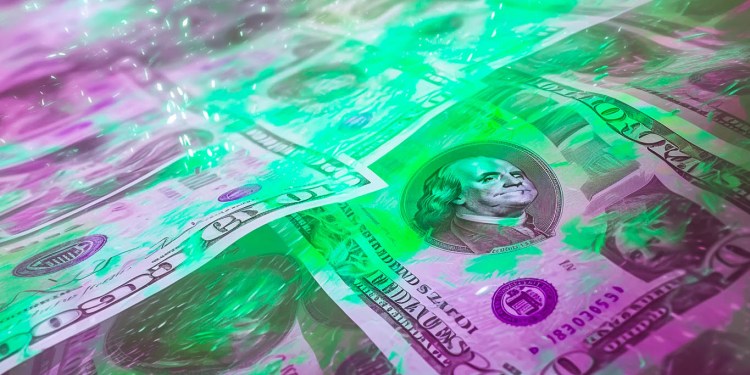Strategic rivals of the US are going to move away from the dollar and create a “bipolar” global reserve currency system, says economist and NYU professor Nouriel Roubini.
In a series of new interviews, Roubini says there’s no doubt that China and Russia are teaming up with allies to build an alternative monetary system that does not utilize USD.
“Unfortunately, the cold war between the US and China is getting colder by the day…
It’s clear that the Strategic Rivals of the United States – China, Russia, Iran or Korea, Pakistan and their own friends and allies – want to build an alternative economic monetary and global reserve currency system because they’re concerned about the sanctions that the US, Europe and others can impose.
Chinese has $1 trillion dollars of reserves. And therefore, they’re going to move in the direction of proposing the RMB as being an alternative to the US dollar and gradually we’re going to go from a unipolar to a bipolar global reserve currency system.”
Roubini says the process will not happen overnight, but the eventual outcome will grind global growth to a slower pace and make the cost of producing goods more expensive.
“We’ve gone from free trade to secure trade, from offshoring to friend-shoring, from just-in-time supply chains to just-in-case. These things are costly, they reduce global growth and increase cost of production…
It means less financing of our own twin fiscal and current account deficits, when we still have very large stocks of private and public debt. That can push the cost of financing for the US higher, when we have very high private and public debt ratios.”
As for the recent fallout in the US banking system, Roubini says the crisis is far from over.
“I think that the worst in terms of severe banking stress is still ahead of us and of course this credit crunch is going to reduce economic growth significantly. They lend to SMEs, they lend to households, they lend to commercial and residential real estate. The credit crunch is going to take the the US economy into a recession later this year.”
You can check out Roubini’s full interviews with Yahoo Finance and CNBC-TV18 here and here.
 Joy
Joy








